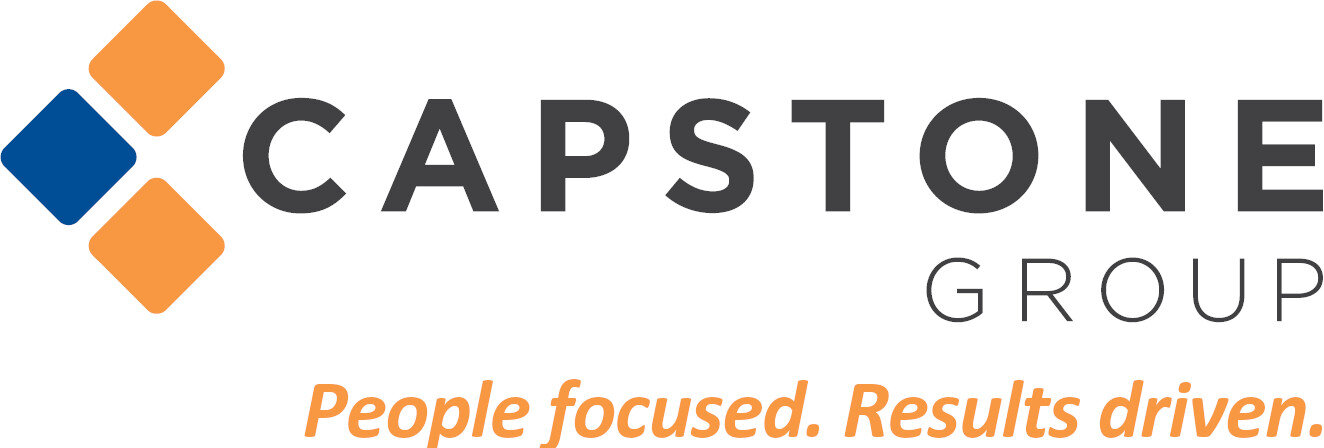The saying you get what you pay for applies to many parts of life, including insurance. Wanting a great deal is understandable, but it is important that your insurer will be able to provide meaningful help when it is needed. Here are some reasons why cheap insurance might be worthless:
It might not be real. Numbers, especially recent numbers, are hard to come by, but an updated 2015 report from the National Association of Insurance Commissioners found that between 2000 and 2002, the U.S. Government Accountability Office identified 144 fake insurers nationwide that sold fake health insurance to more than 200,000 policyholders, resulting in more than $252 million in unpaid claims.
The NAIC's report also said there are still many fake companies that sell auto, homeowners, rental, life, disability, prescription drug and long-term care policies. And it's evidently a global problem. This year, in England, the Association of British Insurers warned consumers that unauthorized insurance adviser – also known as ghost brokers – were selling bogus car insurance policies.
You're likely underinsured. Sean Scott, a restoration and general contractor in San Diego and author of "The Red Guide to Recovery – Resource Handbook for Disaster Survivors," says many people have been burned by cheap homeowners insurance policies. That doesn't mean your insurance isn't the real thing; even if you have the most ethical insurer in the world, if your premiums are really cheap, your policy may feel fake because there are so many restrictions that barely anything is covered.
Scott offers the example of wildfires that swept through Southern California in 2003 and 2007. He worked with many of the homeowners, but he couldn't help several because of their lackluster insurance policies.
Your claims may be paid at a snail's pace. Granted, this can happen when you're paying big bucks for insurance. But if your payments are going to El Cheapo Insurance, it seems logical that the company specializing in getting the lowest possible premiums from its customers might be a little stingy when it comes time to return some of that money.
And if you do have a cheap insurance policy, here is what to do:
Research your insurer. This would save many a headache caused by bogus insurers. Go to your favorite search engine and start checking out your insurance company.
"Look for companies that have a strong rating with A.M. Best, Moody’s and S&P," O'Dell says, referring to some well-known businesses that have information, such as credit ratings, on financial services. A.M. Best, in particular, is geared toward the insurance industry.
Read the policy. Sounds logical, but plenty of smart people don't. "More than once, clients have shown me a policy they bought through the mail thinking it was a great deal on some life insurance, only to read the coverage and find it was only an accidental death and dismemberment policy. If you die of natural causes, it pays nothing," says David Hardin, president of Hardin Financial Group, a retirement planning firm based in Troy, Michigan.
In addition, be on the lookout for any language in your policy that you don't understand. True, every insurance policy, even the best, has complex language and legalese, but you want to look for a policy that, for the most part, offers fairly clear and straightforward language. And keep an eye out for weasel words – ambiguous phrasing that could mean anything.
Insurance, after all, is all about managing risk and trying to have a happy ending if something terrible happens. If you end up paying for a risky insurance policy, you're already losing.


